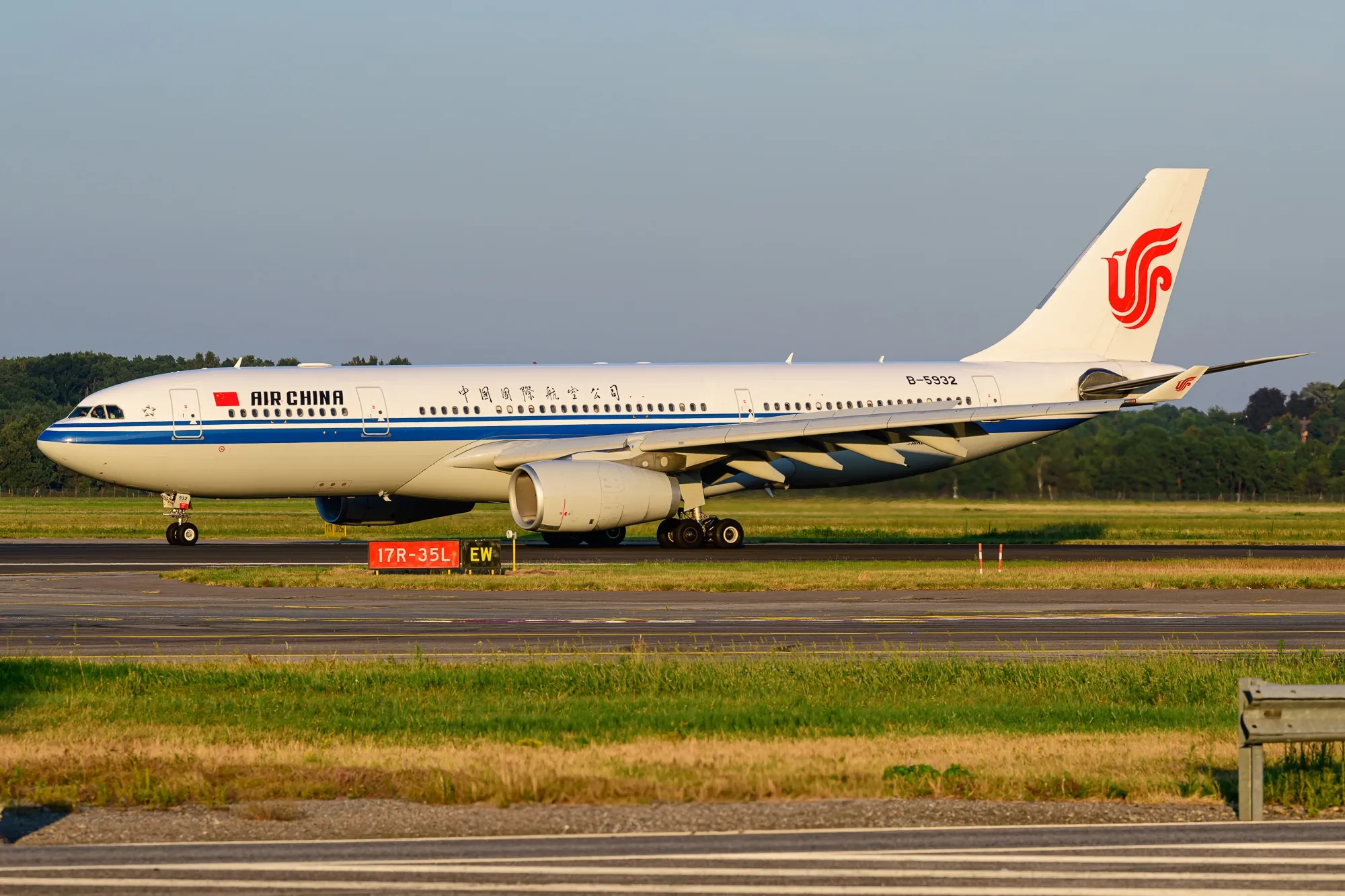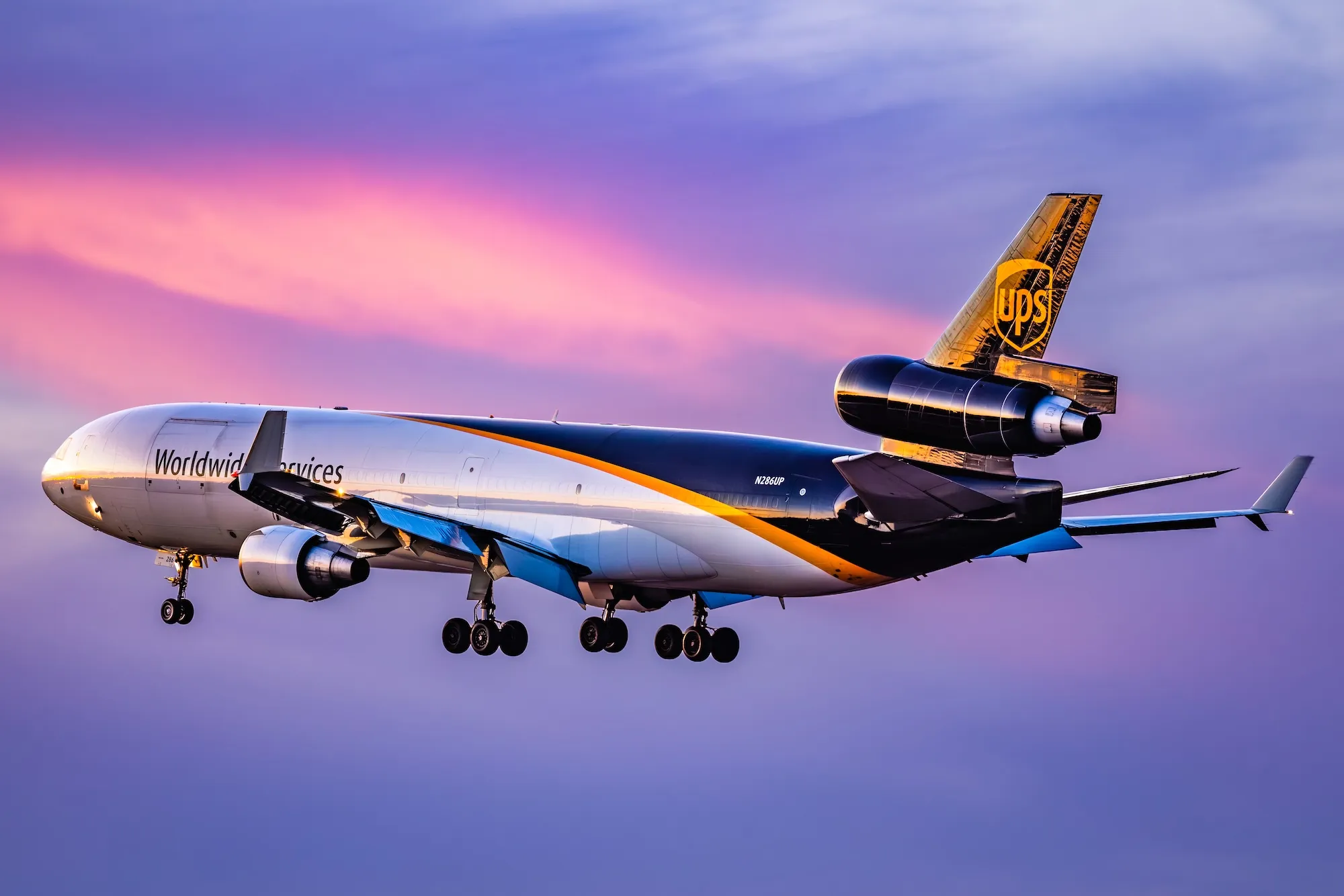DALLAS — The initial two-day strike by French ATC disrupted air travel beyond the French border. Despite involving only 270 controllers out of France’s total 1,400 (19%), the strike action caused operational chaos across the bloc.
As of Friday July 4, the action had resulted in the cancellation of over 1,500 flights, affecting approximately 300,000 passengers during one of Europe’s busiest travel periods.
The French Civil Aviation Authority (DGAC) mandated significant flight reductions: 40% of flights were cancelled at Paris airports, while 50% were cancelled at Nice and 30-50% at other regional airports. This strategic targeting of key facilities created a disproportionate impact across the European network.
Looking at some airlines, Ryanair (FR) cancelled over 400 flights, affecting 70,000 customers and incurring €30 million in lost revenue just those two days. EasyJet (U2) cancelled 274 flights over the two days, and Air France (AF) adapted its schedule but maintained long-haul operations. British Airways (BA) had to deploy wide-bodies to mitigate passenger displacement.

Causes, ATC Woes
Two major unions, UNSA-ICNA and USAC-CGT, which represent the disgruntled ATC workers, organized this week’s strike. The unions claim that chronic understaffing and outdated equipment are the primary causes for the move to strike. In other words, controllers struggle to handle the surging air travel demand that followed the pandemic due to aging systems.
Additionally, controllers opposed new monitoring reforms introduced after a 2022 near-collision incident in Bordeaux, which would require clocking in and stricter oversight of their positions. Moreover, UNSA-ICNA and USAC-CGT critiques include controllers working in a toxic environment, especially at the hands of management, and an insufficient investment in modernizing the ATC systems.
Economic Effects
Ryanair’s (FR) loss of €30 million this week alone is the tip of the iceberg. According to Ainvest, European ATC delays cost around €1.3 billion annually, while airspace fragmentation across the EU costs an estimated €5 billion per year.
For context, the French aviation market, valued at US$6.57 billion in 2025, supports significant economic activity. Aviation contributes US$144.7 billion to France’s total economic impact, including US$24.0 billion from tourism; the July strike coincides with the peak of summer travel.
Ultimately, it is the airlines that face multiple cost categories during strikes: direct operational losses from cancellations, passenger compensation and rebooking expenses, crew repositioning costs, and long-term reputational damage. The cascading effects include fuel waste from rerouting, increased emissions, and disrupted supply chains.
.webp)
EU Aviation Vulnerabilities
There is a systemic fragmentation in European airspace management. Europe operates 37 separate Air Navigation Service Providers (ANSPs), managing 69 Area Control Centres, which makes cross-national crossings inefficient and forces airlines to comply with different operational requirements, technologies, and charging systems.
Critical infrastructure vulnerabilities include a shortage of 27,000 air traffic controllers, with training requirements exceeding three years per controller. Many European ATC systems rely on outdated radar technology rather than modern satellite and AI-driven solutions. Aging infrastructure and inadequate investment in modernization exacerbate the situation.
Overflight disruptions particularly affect European aviation, as flights between countries like the UK and Greece, or Spain and Ireland, were cancelled simply for passing through French airspace. That’s how localized labor disputes can paralyze cross-border travel throughout the continent.
Regulatory Implications
The strikes have intensified calls for the Single European Sky (SES) initiative, which aims to harmonize ATC systems and reduce delays by 50%. Full SES implementation could unlock €27.6 billion in savings by 2030 through optimized routes and reduced operational inefficiencies.
Key reform proposals include overflight protection during national strikes, ensuring critical international routes remain operational. Airlines, particularly FR, have demanded EU-wide ATC staffing mandates during peak periods and modernization funding for satellite navigation and AI-driven traffic management.
The regions call for the European Commission to address these structural issues. Having a fragmented system goes against the EU’s principles of a single market. Furthermore, transport ministers across affected countries are now under public scrutiny for allowing recurring ATC delays.

Long-term Challenges
European aviation faces multiple converging pressures. Climate regulations require increased use of sustainable aviation fuels, adding €33 billion annually by 2050—meanwhile, post-pandemic traffic recovery strains already inadequate infrastructure and personnel resources.
Investment requirements are substantial: the EU needs €800 million annually to address staffing gaps and modernize systems. However, political resistance to sovereignty transfers and union opposition to changes in working conditions create barriers to implementation.
The fragmented regulatory environment continues to hinder progress. Despite decades of SES planning, the slow progress of implementation remains “fragmented and based on national levels.”
A Way Out
In the latest August 2025 issue of Airways Magazine, now available in our shop, our Editor-in-Chief stated the following in his Editor's Briefing:
"What is particularly striking is that the parties best placed to solve these issues—the airlines themselves—often do not. Airlines have the data. They understand their fleets, schedules, business rules, and operational preferences. They have communication tools like ACARS, and commercial access to real-time system optimization software. Yet, too often, they do not use these capabilities to mitigate the very demand spikes they create. Instead, we continue to rely on ATC to clean up the mess.
For decades, this disconnect has driven a cycle of well-intentioned but ultimately misdirected 'solutions.' Infrastructure upgrades, new procedures, revised mandates-all while the core issue goes unaddressed: unmanaged, uncoordinated user behavior that forces the system into inefficiency. The result is a system overloaded not by too many aircraft, but by too many aircraft arriving in the wrong order, at the wrong time, with no shared optimization guiding them.
If we are to build or revise any system especially one as complex as ATC—we must first ask: what is the purpose? What are we solving for? A system, to be effective, must be fit for purpose. That means understanding and addressing the root causes of dysfunction, not just treating the symptoms."
Future Outlook
The French ATC strike enters its 4th day today, Sunday, July 6, 2025, meaning more disruptions that could intensify as air traffic volumes continue to grow. However, will the action have any benefits in curbing the €5 billion annual cost of ATC system fragmentation that is stifling European competitiveness?
A change of such magnitude is no easy task. Successful reform requires coordinated action across multiple domains, including political agreement on sovereignty sharing, substantial investment in infrastructure modernization, resolution of labor disputes through improved working conditions, and implementation of unified technical standards.
It’s a lot to ask; let’s hope this week is a wake-up call for the bloc to at least get started on its to-do list.

.webp)
.webp)
.webp)
.webp)
.webp)
.webp)




.webp)